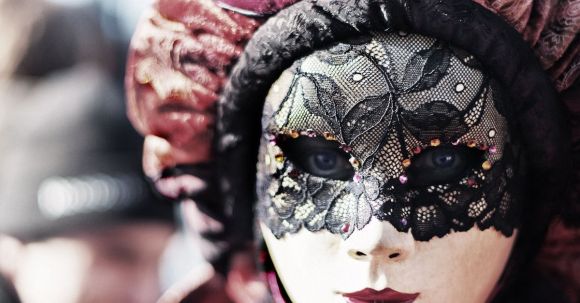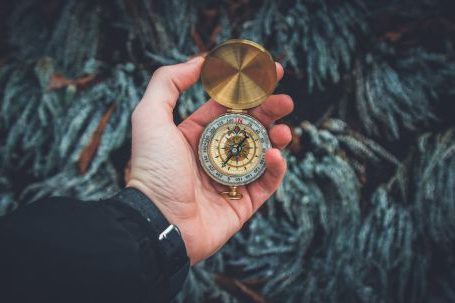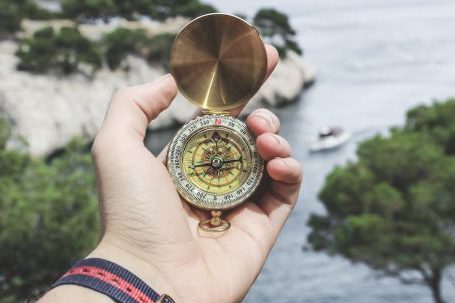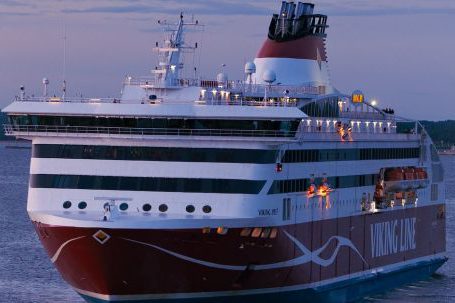Carnivals are extravagant celebrations that have captivated people around the world for centuries. These vibrant events are characterized by colorful parades, lively music, elaborate costumes, and a sense of revelry that transcends all barriers. But have you ever wondered about the origins of carnivals? How did these exuberant festivals come into existence? In this article, we will take a historical journey to uncover the fascinating roots of carnivals.
The Roman Saturnalia: A Festive Beginning
To understand the origins of carnivals, we must delve into the ancient Roman festival of Saturnalia. Celebrated in honor of the god Saturn, this week-long event was an occasion for merrymaking and social upheaval. During Saturnalia, social norms were temporarily suspended, and slaves were allowed to enjoy the same privileges as their masters. The festival involved feasting, gambling, and the exchange of gifts. This spirit of liberation and indulgence laid the foundation for the modern-day carnival.
The Christian Influence: From Paganism to Lent
With the rise of Christianity, the pagan festivals of ancient Rome underwent a transformation. As the Church sought to convert the masses, it incorporated elements of these celebrations into Christian traditions. The Roman festival of Saturnalia was eventually replaced by the pre-Lenten festival known as Carnival. This period of feasting and revelry served as a final release before the solemnity and fasting of Lent. The word “carnival” itself is derived from the Latin phrase “carne vale,” meaning “farewell to meat,” symbolizing the upcoming period of abstinence.
Venice: The Birthplace of Extravagance
During the Renaissance, Venice emerged as the epicenter of carnival culture. The Venetian Carnival, which began in the 13th century, became renowned for its opulence and grandeur. The city-state was known for its masked balls, elaborate costumes, and imaginative pageantry. The anonymity provided by masks allowed people from all walks of life to mingle freely without the constraints of social status. The Venetian Carnival set the standard for future carnivals, becoming a source of inspiration for other cities around the world.
The Influence of the New World: Carnivals Go Global
As European powers colonized the Americas, they brought with them their festive traditions, including carnivals. In the New World, these celebrations merged with indigenous customs, resulting in unique and vibrant carnivals that are still celebrated today. One notable example is the Carnival of Rio de Janeiro in Brazil. This world-famous event blends Portuguese, African, and indigenous influences, featuring samba parades, colorful costumes, and energetic dancing. Similarly, the Mardi Gras celebrations in New Orleans showcase a fusion of French, Spanish, and African cultures, with elaborate floats, masked balls, and lively street parties.
Carnivals in the Modern Era: A Global Phenomenon
In the modern era, carnivals have become a global phenomenon, celebrated in various forms across continents. From the vibrant Caribana festival in Toronto to the lively Notting Hill Carnival in London, these events have transcended cultural boundaries and become a symbol of unity and joy. While the traditions and customs may differ, the underlying spirit of carnival remains the same: a time of liberation, revelry, and communal celebration.
Uncovering the Origins: A Celebration of Life
In conclusion, the origins of carnivals can be traced back to ancient Rome, where the festival of Saturnalia laid the groundwork for these exuberant celebrations. Over time, carnivals evolved and adapted, incorporating elements of Christianity, indigenous customs, and local traditions. Today, carnivals continue to enchant and unite people from all corners of the world, reminding us of the universal desire to celebrate life, embrace diversity, and let loose in a world of color, music, and revelry.



